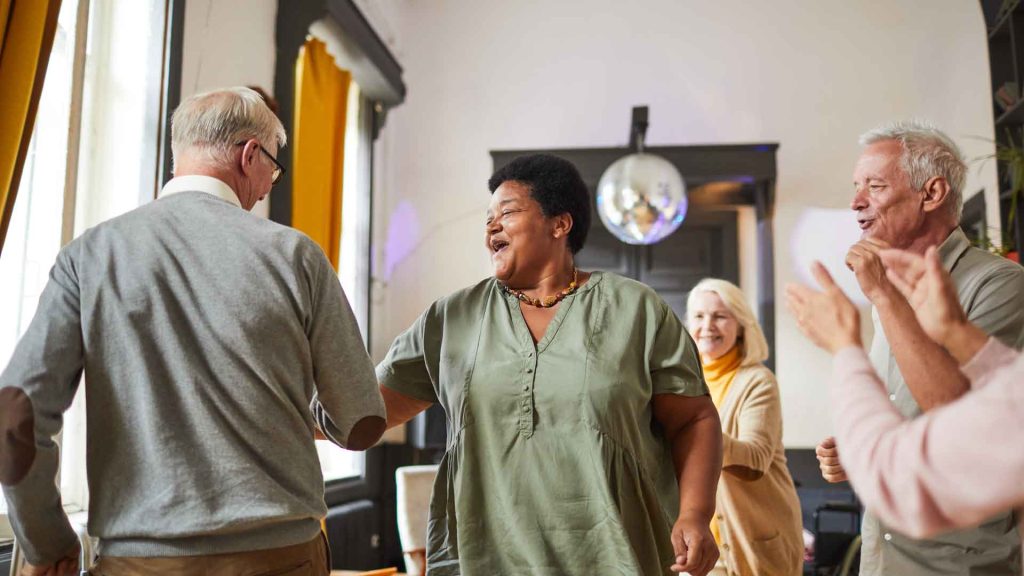Communication problems – including difficulty speaking, writing and comprehending spoken and written language – are common effects of stroke. While this can present challenges to stroke survivors and their loved ones, these issues aren’t insurmountable.
Specialized therapies can help stroke survivors overcome some of these communication barriers, while practical strategies can offer some work-arounds when needed.
How Speech Therapy Can Help
If you experience communication difficulties as a result of your stroke, speech therapy can be an important component of your stroke rehabilitation regimen. A speech therapist with expertise in treating stroke survivors can use a number of exercises and strategies to overcome any speech deficits that resulted from the stroke, such as:
-
-
- Recommending exercises and practices that recover language functioning, including speech, reading and writing
- Identifying prompts to help patients remember words
- Engaging patients in conversations
- Working with caregivers to teach strategies that they can use to enhance communication with the stroke survivor.
-
Speech therapy can take place in the home or even online for a stroke survivor who has difficulty getting to appointments in a traditional outpatient setting. It’s important to note that you’ll only be spending a few hours a week tops with your speech therapist, so you should be diligent about practicing the exercises prescribed by your therapist between those sessions.
Practical Strategies for Improved Communication
While commitment to a speech therapy regimen will help to improve communication skills, stroke survivors and their loved ones won’t see improvements overnight and some deficits may remain even after the course of speech therapy is complete. Therefore, it’s important to be aware of some other strategies that can also help with effective communication.
-
-
- Face each other when you are speaking
- Minimize distractions
- Ask your conversation partner to speak clearly and use short sentences
- Give the other person adequate time to respond
- Take breaks
- Incorporate non-verbal forms of communication like facial expressions and hand gestures
- Be patient with yourself and your conversation partner
-
A stroke survivor often can recover most, if not all, of any communication functions lost by the stroke. Be sure to take full advantage of any available speech therapy–and put in the work on your own between therapy sessions, too–to maximize your communication function.
